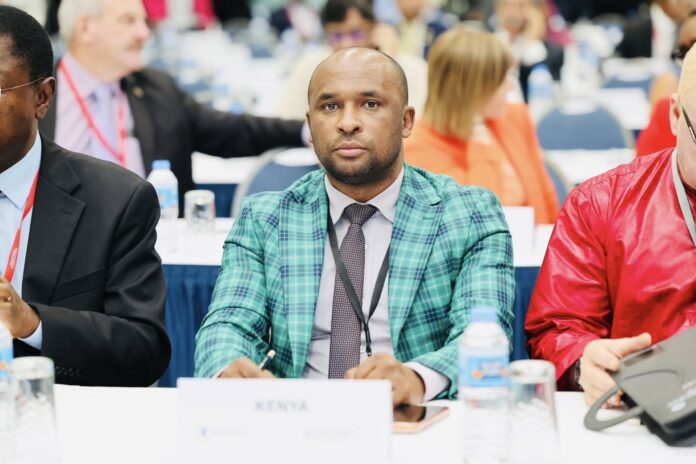Nyaribari Chache Member of Parliament, Zaheer Jhanda, has announced plans to sponsor a bill regulating influencers in the country.
In a post on his social media on Tuesday, October 28, the MP stated that he is drawing inspiration from China, which recently implemented strict regulations on content creators.
“I am borrowing a leaf from one of the most advanced nations- China, with a huge population larger than ours. I am also going to sponsor a bill to regulate influencers. They Must Have Degrees to Talk About Professional Topics,” Jhanda wrote.
The legislator argued that Kenya cannot afford a situation where everyone claims to be an expert without proper credentials.
He emphasized that professional bodies such as the Law Society of Kenya (LSK), the Institute of Certified Public Accountants of Kenya (ICPAK), the Medical Council of Kenya (MCK), and the Council of Legal Education must recognize individuals before they speak on specialized topics.
“We cannot have a Country Where Everyone is An Expert. They must be recognized by professional bodies such as LSK, ICPAK, MCK, and O’wise Kamiti Express. Misinformation and Disinformation Will Become a Crisis Soon in Kenya,” the MP warned.
The move by MP Jhanda mirrors recent regulatory actions taken by China against unqualified influencers. Chinese authorities have implemented comprehensive measures requiring online influencers to possess proper qualifications before discussing certain professional topics.
Under China’s new regulations, content creators must now hold corresponding qualifications to speak on subjects that require a higher professional level, including law, medicine, finance, and education.
Influencers are required to present these qualifications to their livestreaming platforms, which must then verify and record the credentials.
The Chinese policy places legal responsibility on major social media platforms such as Douyin, Weibo, and Bilibili to ensure compliance.
Chinese regulators explained that the rules were developed in response to increasing complaints about untrained creators providing medical advice, investment recommendations, and legal opinions without proper licenses or formal training.
A study referenced by regulators and the China Consumers Association revealed that nearly 30 percent of users surveyed had encountered misleading or exaggerated claims by influencers, particularly regarding health-related content.
Following the implementation of the policy, Chinese platforms have already begun removing unverified videos and suspending accounts that promoted unproven medical remedies or offered unlicensed financial advice.



















